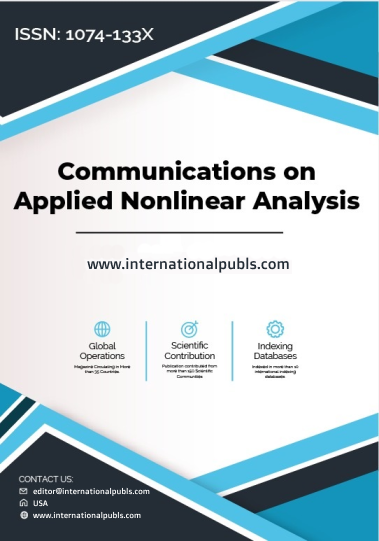Integration of Complex Mathematical Approaches and Statistical Methodologies in Machine Learning for Design of Robust Prediction Models
Main Article Content
Abstract
The disease known as breast cancer continues to be one of the most common and potentially fatal diseases that affect women all over the world. In order to provide effective therapy and more favorable outcomes for patients, early detection and correct diagnosis are absolutely necessary. This research explores the integration of operational research (OR) methodologies and advanced statistical methods within machine learning frameworks to enhance the prediction accuracy of breast cancer outcomes. By harnessing the power of nonlinear optimization and statistical techniques, including regression analysis and probability distribution models, we aim to refine the predictive capabilities of existing algorithms. The research employs a comprehensive dataset derived from clinical trials and patient records, analyzed through a series of machine learning models that incorporate elements of combinatorial optimization, decision analysis, and stochastic modeling. Key performance metrics, such as accuracy, sensitivity, and specificity, are evaluated against standard benchmarks to determine the efficacy of the integrated approaches. Preliminary results indicate that incorporating OR and statistical methods significantly improves model robustness and predictive accuracy. The study not only demonstrates the potential of applied mathematics in medical diagnostics but also provides a framework for future research in enhancing machine learning models for health outcomes prediction through mathematical innovations. This investigation contributes to the field of mathematical oncology by demonstrating how applied nonlinear analysis can bridge the gap between theoretical mathematical approaches and practical clinical applications, offering new pathways for early and more accurate detection of breast cancer.
